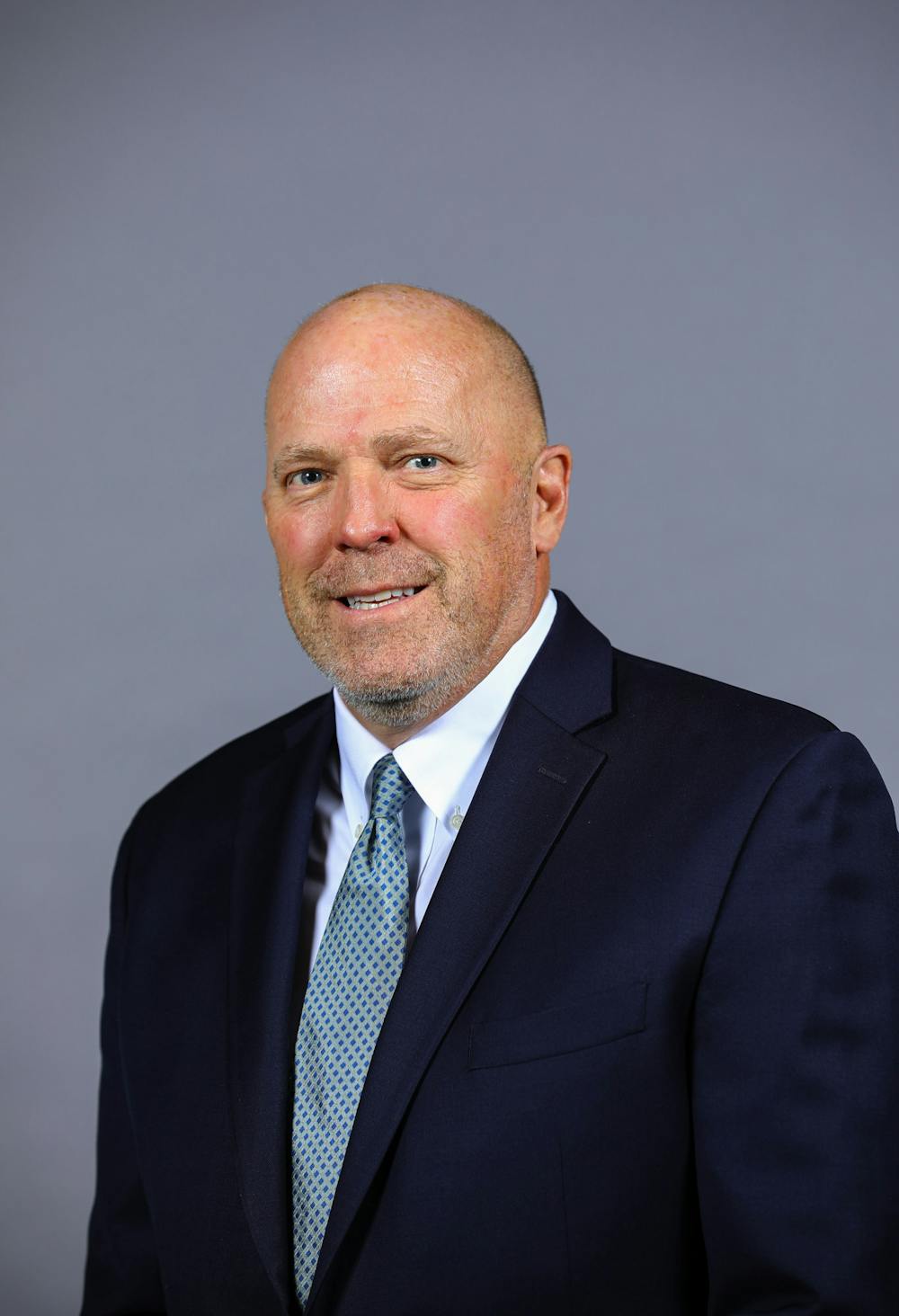By Tristan Weisenbach
Managing Editor
The College’s interim chief financial officer, Richard Schweigert, received a $101,900 salary increase this year, bringing his annual salary to $393,900, according to documents obtained through a public records request.
Schweigert’s contracts from July 1, 2023 through Sept. 30, 2023, and Oct. 1, 2023 through Dec. 31, 2023, each provided him an $84,000 salary. Luke Sacks, the College’s head media relations officer, told The Signal that if Schweigert worked hybrid for the full year last year, then his total salary for last year would have equaled $336,000, resulting in a total salary increase of $57,900.
However, because Schweigert worked remotely for a period of time, from Jan. 1 through April 30, his contract for these four-months provided him a $68,000 salary. He earned a $56,000 salary from May 1 through June 30, resulting in an annual total of $292,000 and a year-to-year increase of $101,900.
Schweigert was appointed as interim CFO on a “short-term basis” by former President Kathryn Foster on April 17, 2023, after the departure of the former interim CFO, Valarie McDuffie.
Schweigert’s employment was then extended by several multi-month-long contracts from the start of President Michael Bernstein’s role as interim president on July 1, 2023, through the end of the fiscal year on June 30, 2024. During this period, Schweigert largely worked on a hybrid schedule, except for a period during spring 2024 in which he worked remotely.
Over the course of that year, Schweigert received a salary totaling $292,000, in addition to $16,017.61 in reimbursements for travel expenses, beginning in April 2023, to New Jersey from Colorado where he resides. His current year-long contract, which began on July 1 of this year, no longer provides for travel expenses.
However, Schweigert does still retain accommodations and a vehicle to use while he is in New Jersey. Sacks said these two items of his contract did not cost the College any additional expense.
According to Dave Muha, the College’s associate vice president for communications, marketing and brand management, the decision to increase Schweigert’s salary this year was based on multiple factors.
First, because the College is no longer paying for travel expenses, Schweigert’s travel to New Jersey from Colorado is coming out of his own pocket. Additionally, Muha said President Bernstein “feels the College is benefitting from [Schweigert’s] leadership as we work through the LIONS Plan,” and wanted to provide him with a salary increase as an incentive to keep him on board in a temporary role.
Schweigert is also not working remotely, like he was for a period of time earlier this spring. Lastly, in addition to his responsibilities as interim CFO, Schweigert has taken on the role of managing the College’s Human Resources department this year — a responsibility previously held by Sharon Blanton, vice president of operations.
“As a new president, Dr. Bernstein has been assessing operations at the College and as any new president would, he has been making decisions about structure and organization,” Sacks said in a statement. “He determined that human resources belongs under the portfolio of the CFO.”
However, Sacks clarified that the portion of Schweigert’s salary increase for taking on human resources was an added expense. No portion of Blanton’s salary was shifted to Schweigert in accordance with the shift in responsibilities.
The specific breakdown of the portions of Schweigert’s total salary increase for travel expenses, retention incentives and additional responsibilities is unknown at this time.
In an Oct. 25 email, Bernstein announced the search committee to appoint a permanent chief financial officer, chaired by Lisa Angeloni, vice president of enrollment management. According to the email, the search should conclude in the spring.
Schweigert made the decision to not be considered for the permanent chief financial officer position, but will be a member of the search committee, according to Muha.
Editor’s note: This story has been updated to reflect that Schweigert worked remotely for a period of time in the spring, which he is no longer doing. This contributed to his salary increase. Additional information from Sacks about what his salary would have been had he continued working hybrid for the full year has been included.







